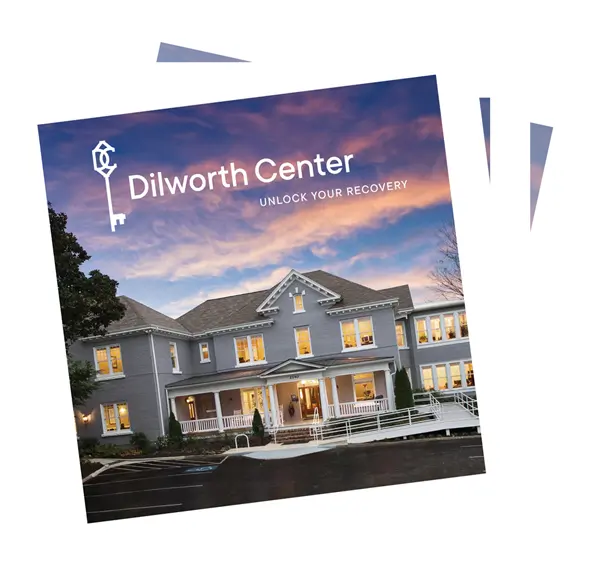Nurses Aftercare
Treatment Program
The Nurses Program helps patients navigate potential hurdles that may come up as they transition back to work.
We recognize the unique hurdles that nurses face as they transition back to their demanding careers.
Our specialized Nurses Program is designed to support healthcare professionals in recovery while respecting their professional responsibilities and needs. We provide evidence-based treatment with a schedule that minimizes disruption to work and personal life.
By choosing Dilworth Center, nurses and those who oversee them can trust that care is delivered with professionalism, discretion, and respect. Our nonprofit mission means the focus is always on recovery, not revenue. We help nurses achieve lasting stability so they can continue serving others with strength and clarity.


About the Nurses Aftercare Facilitator


Connie Mele has over 30 years of experience working in addiction and psychiatric nursing.
She has worked with impaired nurses since 1983 and started the first Nurses’ Support Group in North Carolina in 1996. She has served as the Chairperson of the Addictions Nursing Certification Board and the Chairperson of the Peer Assistance Committee for Int NSA. Connie is certified in Advanced Practice Addictions Nursing and Nursing Administration. She is also a Certified Clinical Nurse Specialist in Adult Psychiatric and Mental Health Nursing and a Licensed Clinical Addiction Specialist.
What to expect
Nurses Aftercare Treatment
The Nurses Program helps patients navigate potential hurdles that may come up as they transition back to work. Topics addressed during the 52-week program include:
- Coping with early recovery issues.
- Managing post-acute withdrawal symptoms.
- Dealing with guilt and shame.
- Learning to set healthy boundaries and how and when to say “No.”
- Addressing and learning to navigate changing family dynamics.
- Continuing attendance and participation in Alcoholics Anonymous and/or Narcotics Anonymous meetings.
Nurses who complete the program will leave with a skill set that enables them to return to their profession and maintain a healthy recovery successfully.
The Dilworth Center is an approved treatment provider by the North Carolina Board of Nursing and meets the requirements for Nurses Aftercare.


Treatment Modalities
We approach mental health and addiction on parallel paths, with attention to each person’s unique journey.
Trauma Trained
(CCTP)
Dilworth Center’s counselors are trauma-trained professionals who approach care with a deep understanding of how past experiences impact recovery.
Group Therapy
By fostering a community for patients to bond with peers facing similar struggles, they can express their feelings and learn from multiple perspectives outside their own experiences.
Individual Therapy
Our patients can set up individual therapy sessions to develop treatment goals and to focus on their unique challenges.
Cognitive Behavioral Therapy
A psychotherapeutic technique designed to help patients identify and challenge negative thought patterns contributing to their addiction, allowing them to develop healthier coping mechanisms for long-term sobriety.
Yoga and Mindfulness
Yoga and mindfulness therapy helps patients focus on the present moment, reduce stress, and support long-term recovery and sobriety through techniques like breathing exercises, meditation, and physical postures.
12-Step Facilitation
12-Step Facilitation Therapy offers a structured approach to addiction recovery by encouraging individuals to engage with a supportive community and develop healthy coping strategies.

Community Education
Dilworth Center has been providing future nurses with vital education on addiction and recovery—equipping them with a deeper understanding of the complexities of alcoholism and drug addiction, treatment, and the recovery process. Our work also helped them explore the family system’s role in addiction, ensuring they begin their careers with a comprehensive view of how addiction affects individuals and loved ones alike.
By integrating recovery education into nursing training, we’re helping shape a generation of healthcare professionals who will approach patients and families with insight, empathy, and the tools to support long-term recovery.







